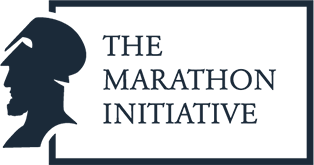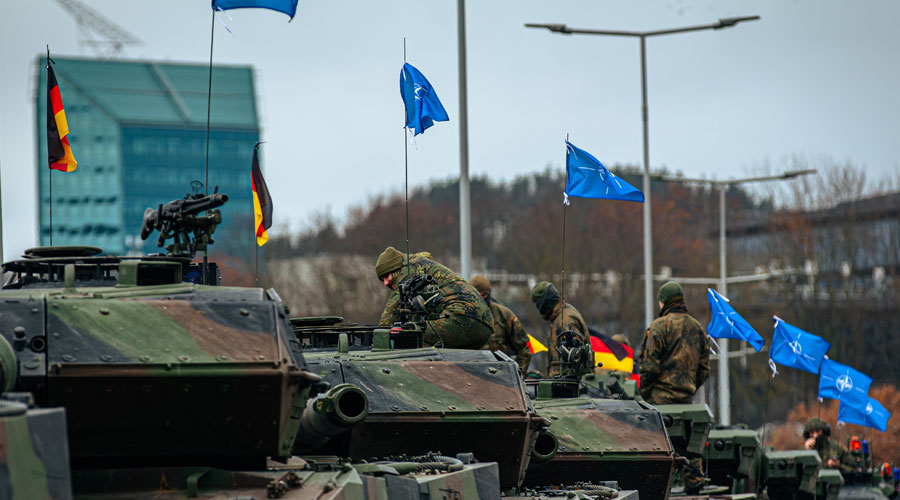
Wess Mitchell
Dr. A. Wess Mitchell is a principal and co-founder at The Marathon Initiative, which he created in 2019 with Elbridge Colby. He previously served as Assistant Secretary of State for European and Eurasian Affairs under the first Trump administration. In this role, he was responsible for diplomatic relations with the 50 countries of Europe and Eurasia and played a principal role in formulating Europe strategy in support of the 2017 National Security Strategy and 2018 National Defense Strategy.
Mitchell is the author of four books, including Great Power Diplomacy: The Skill of Statecraft from Attila the Hun to Kissinger (Princeton Press, 2025), The Grand Strategy of the Habsburg Empire (Princeton Press, 2018), and Unquiet Frontier: Rising Rivals, Vulnerable Allies and the Crisis of American Power (Princeton Press, 2016 – co-authored with Jakub Grygiel). His articles and interviews have appeared in major publications such as The Wall Street Journal, Foreign Affairs, National Interest and National Review.
Prior to the State Department, Mitchell served as President and CEO of the Center for European Policy Analysis (CEPA), which he co-founded in 2005 with Larry Hirsch. In 2020, NATO Secretary General Jens Stoltenberg appointed Mitchell to co-chair, with former German Minister of Defense Thomas de Maizière, the NATO 2030 Reflection Group, a ten-member consultative body charged with providing recommendations on the future of NATO.
\Mitchell is a Non-Resident Fellow in the Applied History Project at Harvard University Kennedy School of Government’s Belfer Center, a member of the International Security and Foreign Policy Grants Advisory Committee at the Smith Richardson Foundation, a member of the International Advisory Council at Cambridge University’s Centre for Geopolitics, and a life member of the Council on Foreign Relations.
Mitchell holds a doctorate in political science from the Otto Suhr Institut für Politikwissenschaft at Freie Universität in Berlin, a master’s degree in German and European Studies from Georgetown University’s Edmund A. Walsh School of Foreign Service, and a bachelor’s degree in history from Texas Tech University. He received a 2020 prize from the Stanton Foundation for writing in Applied History (with Charles Ingrao) and the 2004 Hopper Award at Georgetown University. He is the recipient of the Officer’s Cross of the Order of Merit of the Republic of Poland, the Commander’s Cross of the Order of Merit of Hungary, and the Gold Medal of the Minister of Foreign Affairs of the Slovak Republic. He is a sixth-generation Texan.
Work


The Return of Great-Power Diplomacy: How Strategic Dealmaking Can Fortify American Power
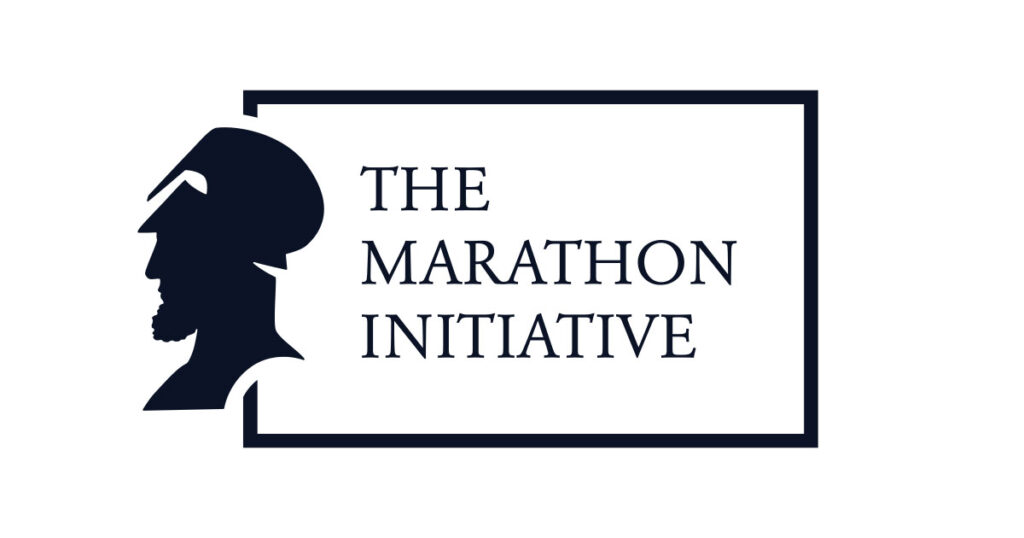
Strategic Sequencing, Revisited
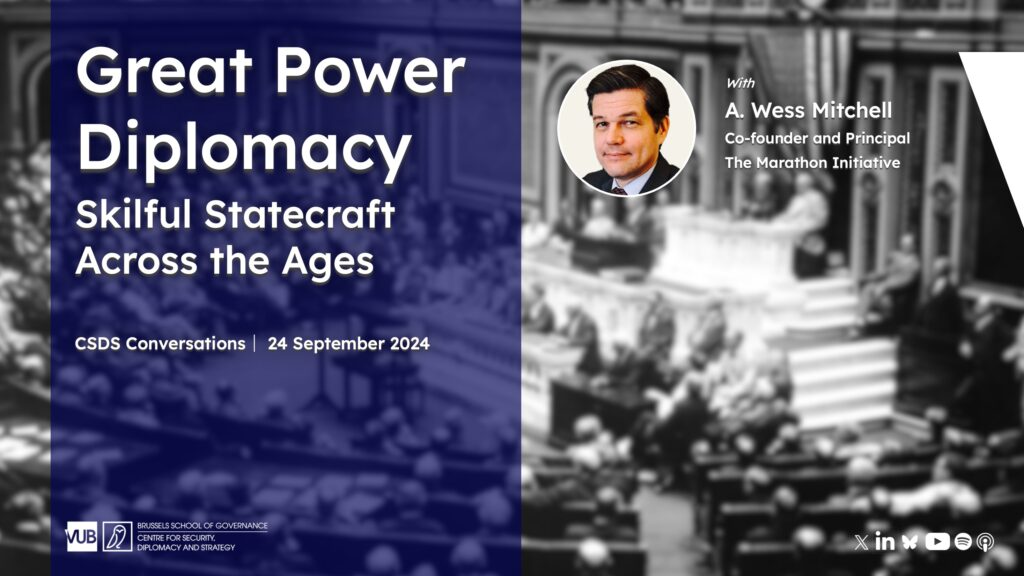
CSDS Brussels: Roundtable
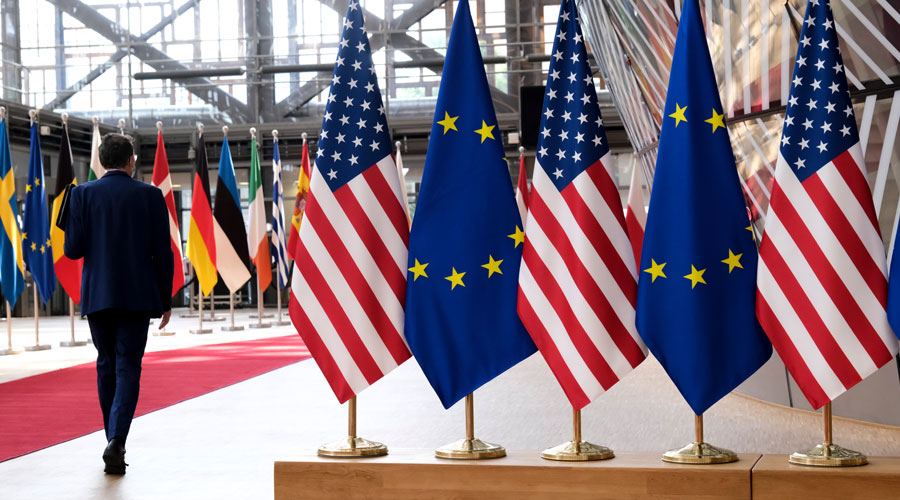
How Biden Let Europe Slip Away

Interview: Asahi Shimbun

The Geopolitical Opportunity of Ukraine’s Kursk Offensive
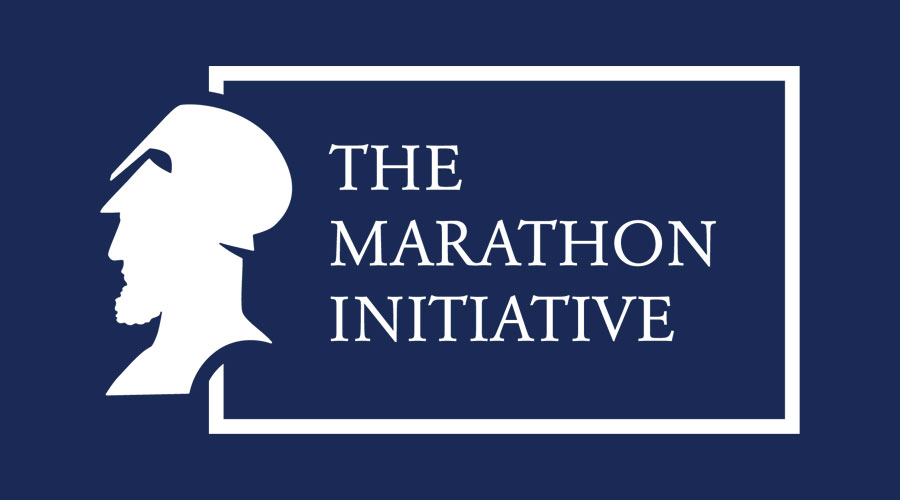
China’s “New” Diplomacy: Opportunities for American Statecraft

5 Rules for Superpowers Facing Multiple Conflicts
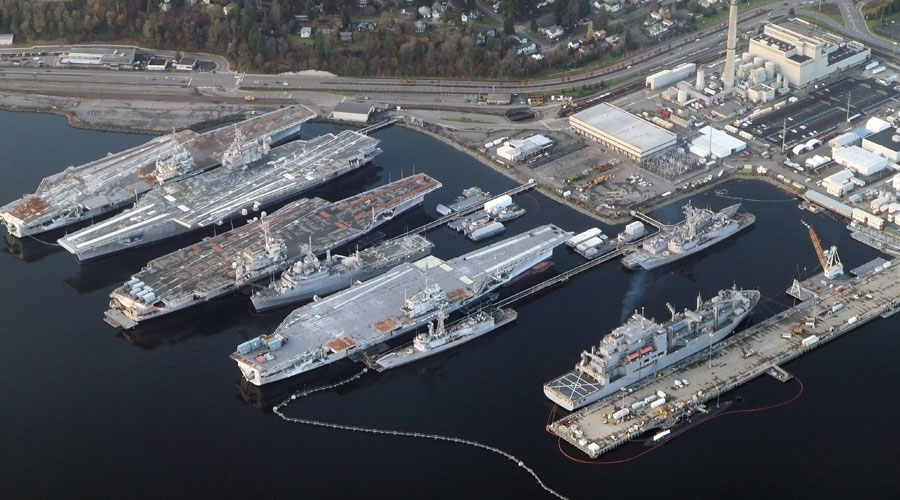
America Is a Heartbeat Away From a War It Could Lose

27th Annual Economist Government Roundtable – Keynote Remarks
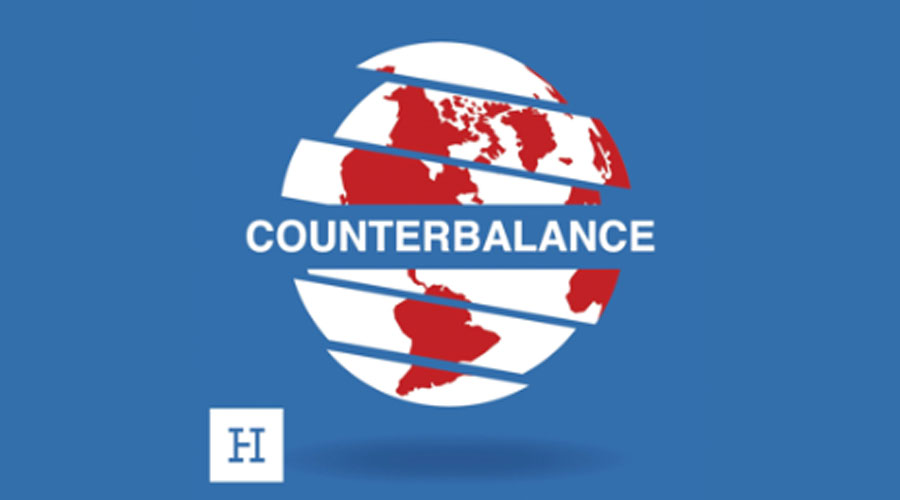
Ukraine, Taiwan, and the Dawn of Great Power Competition
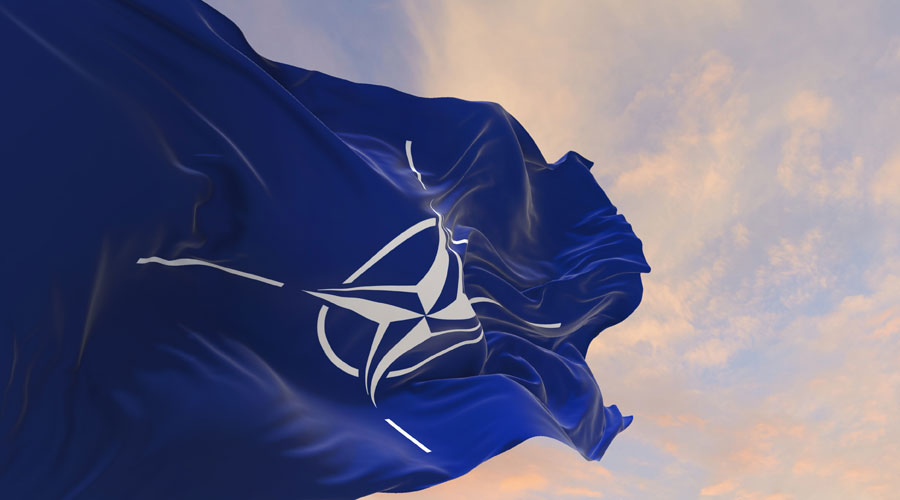
NATO’s Next Decade: Nine thinkers assess the alliance’s future ahead of a historic summit.
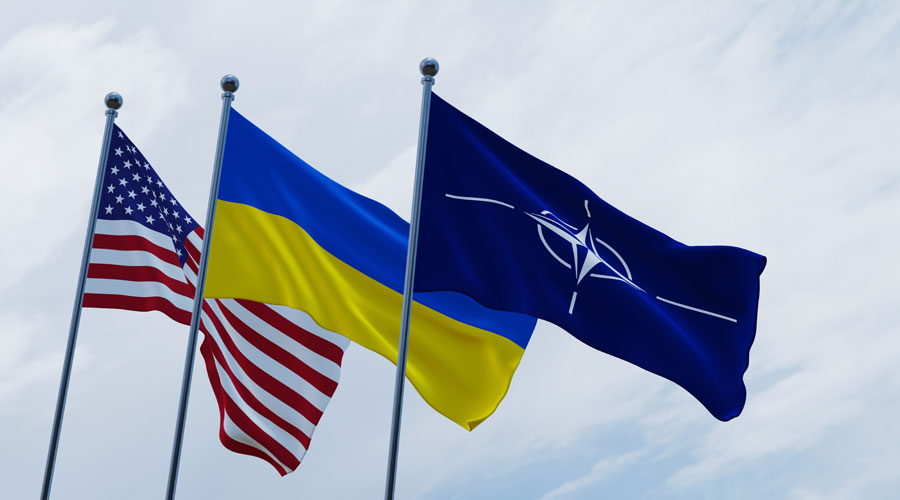
Western Europe Is Still Falling Short in NATO’s East

Wess Mitchell Quoted in Bloomberg

Getting Strategic Deprioritization Right
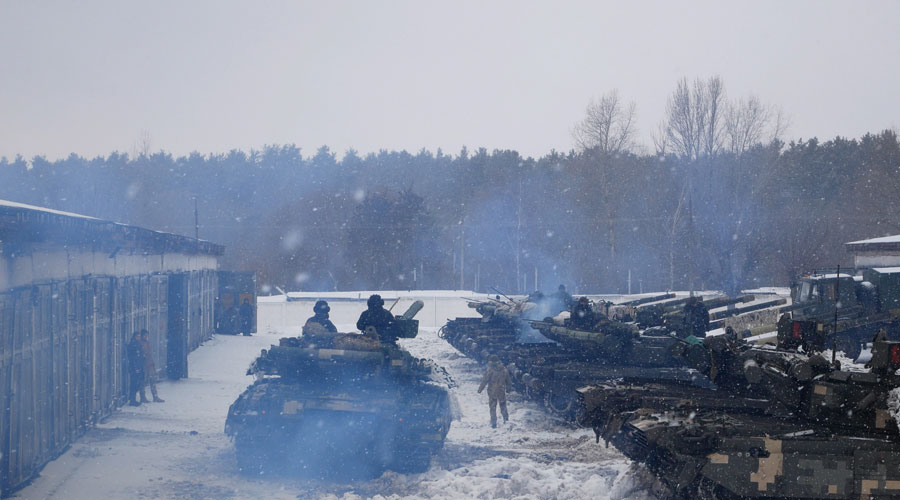
A Drawn-Out Ukraine War Should Not Change U.S. Strategy
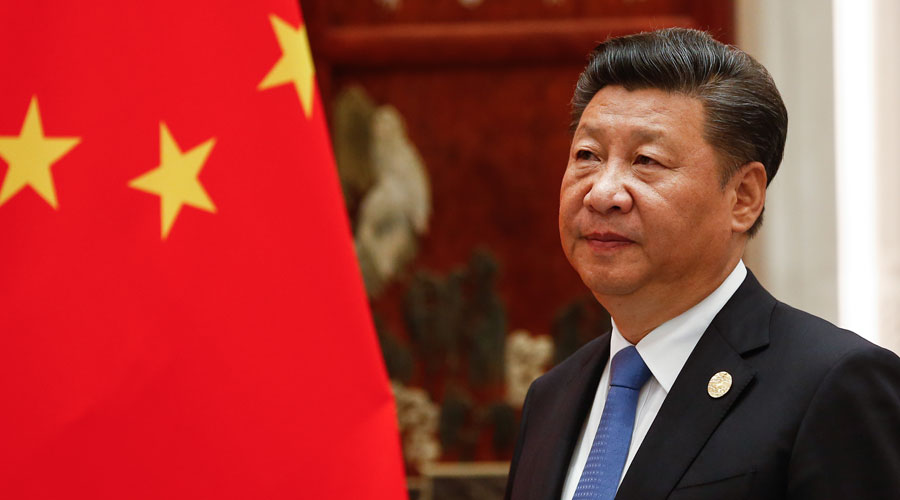
Why Biden’s China Reset Is a Bad Idea

‘The Twilight Struggle’ Review: Welcome to the New Cold War

Wess Mitchell Interviewed on WBUR

The Case for Ukrainian Neutrality

To Prevent China from Grabbing Taiwan, Stop Russia in Ukraine

Putin United the West—but Now Comes the Hard Part

The U.S. Isn’t Going to Fight in Ukraine, But There’s Much More It Can Do to Help

Wess Mitchell Interviewed in Limes (Italy)

Wess Mitchell Interviewed in Echo24

Wess Mitchell Interviewed on Sveriges Radio

For America, Putin’s Invasion Is a Strategic Opportunity

Wess Mitchell Interviewed on Sky News

Wess Mitchell Interviewed on Global Demons (FPRI)

Wess Mitchell Interviewed by The Reagan Institute

A Habsburg to Be Reckoned With: Two Books on Maria Theresa

Biden’s Climate Diplomacy Is a Gift to China

Mastering the Multi-Front Challenge: The Diplomatic Strategies of Metternich and Bismarck

Wess Mitchell Quoted in The Economist

Wess Mitchell Quoted in Bloomberg

A Strategy for Avoiding Two-Front War

Biden Is Falling Into the Same Trap With Europe as Obama

Wess Mitchell testifies before the House Foreign Affairs Committee on NATO 2030

The Curzonian imprint on Indian foreign policy

With Donald Trump gone, NATO is plotting its future

Trump, Biden und Europa: Geopolitik, Lastenverteilung und Stil

Wess Mitchell Featured in Reservistenverband

Panel: Konrad Adenauer Stiftung – Wess Mitchell

Wess Mitchell Quoted in Bloomberg

Wess Mitchell Interviewed in Small Wars Journal

Biden Team’s Embrace of Europe Falls Short on Content

NATO: India’s Next Geopolitical Destination

NATO Needs to Deal With China Head-On

Key Republican Lessons for Biden’s Global Agenda

NATO Must Adapt for a Dangerous New Era

Panel: Deutsche Gesellschaft für Auswärtige Politik e.V. – Wess Mitchell

Panel: Wilson Center – Wess Mitchell

Wess Mitchell Quoted in The Wall Street Journal

Panel: Center for a New American Security – Wess Mitchell

Panel: Center for European Policy Analysis – Wess Mitchell

Under what conditions will we open to Russia

Wess Mitchell Quoted in Washington Post

Wess Mitchell Interviewed in la Repubblica

Wess Mitchell Quoted in The Wall Street Journal

Wess Mitchell Quoted in The New York Times

NATO 2030: United for a New Era

Should U.S. Foreign Policy Focus on Great-Power Competition?

Strategic Sequencing: How Great Powers Avoid Multi-Front War

Wess Mitchell, Elbridge Colby Quoted in The Atlantic

Wess Mitchell Featured in The Wall Street Journal (Book Review)

Containing China Will Be Complicated

Central Europe’s China Reckoning

Emperor Joseph’s Solution to Coronavirus

Covid-19 is a chance for the U.S. and Europe to unite on China

Conservatives and Geopolitical Change

The Age of Great-Power Competition

The Middle East in an Era of Great Power Competition, Hoover Institute

The Grand Strategy of the Habsburg Empire

Rethinking Metternich, Standpoint Magazine

The Unquiet Frontier: Rising Rivals, Vulnerable Allies, and the Crisis of American Power
Past Work
- The Unquiet Frontier: Rising Rivals, Vulnerable Allies, and the Crisis of American Power Jakub J. Grygiel and A. Wess Mitchell https://press.princeton.edu/books/paperback/9780691178264/the-unquiet-frontier
- Predators on the Frontier, The American Interest, February 12, 2016 https://www.the-american-interest.com/2016/02/12/predators-on-the-frontier/
- The Case for Deterrence by Denial, The American Interest, August 12, 2015 https://www.the-american-interest.com/2015/08/12/the-case-for-deterrence-by-denial/
- Why Ukraine Can’t Be a Buffer State, Europe’s Edge, February 20, 2015
- A Preclusive Strategy to Defend the NATO Frontier, The American Interest, December 2, 2014 https://www.the-american-interest.com/2014/12/02/a-preclusive-strategy-to-defend-the-nato-frontier/
- Salami Slicing and Deterrence, The American Interest, November 18, 2014 https://www.the-american-interest.com/
- Limited War is Back, The National Interest, August 2014 https://nationalinterest.org/feature/limited-war-back-11128?page=0%2C1
- An American Strategy for Crimea, Polish Institute of International Affairs, March 3, 2014 https://cepa.ecms.pl/index/?id=276d18b2db1978d562fa17920c57977f
- The Future of U.S. Policy in Central Europe, Aspen Review Central Europe, December 2013 https://www.aspen.review/
- Atlanticism in Retreat, The American Interest, November 2013 https://www.the-american-interest.com/2013/10/10/atlanticism-in-retreat/
- America Needs its Frontline Allies Now More Than Ever, Wall Street Journal, July 5, 2013 https://www.wsj.com/
- The Vulnerability of Peripheries, The American Interest, February 2011 the-american-interest.com/2011/03/01/the-vulnerability-of-peripheries/
- Central Europe Outlook 2011: New Confidence, Looming Choices, Central Europe Digest, February 1, 2011
- Growing U.S.-Central European Ties, International Herald Tribune, April 6, 2010 https://www.nytimes.com/2010/04/07/opinion/07iht-edbrzezinski.html
- American ‘Decline’ Tested on Periphery First, Realclearworld, March 22, 2010 (co-author) https://www.realclearworld.com/
- The Perils of Losing Mitteleuropa, Realclearworld, September 22, 2009m https://www.realclearworld.com/
- How Central Europe Is Reshaping Global Politics, Der Spiegel, February 26, 2009. https://www.spiegel.de/
- U.S. Europe Policy, Version 3.0, Limes (Italian Journal of Geopolitics), Winter 2008 https://www.limesonline.com/en/europe-policy-30-new-ideas-for-an-old-continent
- Perhapsburg: What the EU Is and Isn’t, The American Interest, November/December 2008 https://www.the-american-interest.com/2008/11/01/perhapsburg/
- Obamas Hausaufgaben, Internationale Politik, December 15, 2008 https://internationalepolitik.de/de/obamas-hausaufgaben
- Gut gebrüllt, Maus! Wie Kleine Mächte ihr Gewicht in die Waagschale Werfen Können, Internationale Politik, July/August 2008 https://internationalepolitik.de/de/gut-gebruellt-maus
- Empire by Devolution: What the EU Can Learn from the Empire of Franz Joseph I, Orbis, Summer 2008 https://www.fpri.org/article/2008/07/empire-devolution-todays-eu-can-learn-franz-josef-empire/
Books
- The Godfather Doctrine: A Foreign Policy Parable, Princeton University Press, 2009 https://www.jstor.org/stable/j.ctv7h0tms
Book Chapters and Reports
- Rebuilding America’s Alliances: Europe in Choosing to Lead: American Foreign Policy for a Disordered World, John Hay Initiative, 2015 https://www.goodreads.com/book/show/28186998-choosing-to-lead
- Frontline Allies: War and Change in Central Europe, CEPA Strategic Assessment. Group, November 2015 (co-editor) https://cepa.ecms.pl/
- A Deterrence-by-Denial Strategy for the Baltic in Frontline Allies: War and Change in Central Europe, CEPA Edited Volume, November 2015 https://www.jstor.org/stable/resrep06281.14?seq=1#metadata_info_tab_contents
- Central European Security After Crimea: The Case for Strengthening NATO’s Eastern Defenses, CEPA Report No. 35, March 25, 2014 http://cepa.ecms.pl
- The Ties that Bind: U.S.-Central European Relations 25 Years After the Transition,
- CEPA Edited Volume, November 2013 (co-editor) https://cepa.ecms.pl/
- The Anchorless Pivot: Where Central Europe Should Fit in America’s ‘Pacific Century” in Navigating Uncertainty: U.S.-Central European Relations 2012, CEPA Edited Volume, July 2012
- Translating Opportunity into Impact, Central Europe in the EU,2010-2020, The Polish Quarterly of International Affairs, December 2011 https://www.ceeol.com/search/article-detail?id=162648
- Building the New Normal: U.S.-Central European Relations 2010-2020, CEPA Edited Volume, April 2011 (co-editor)
- Hingepoint Allies: Bolstering U.S. Alliances with Exposed States in Central Europe, East Asia and the Middle East, CEPA Report No. 32, October 2010
- Keeping New Allies: An Assessment of U.S. Policy in Central Europe, Report of CEPA Working Group, July 2010 (co-author)
- S.-Central Europe Relations in the Age of Obama, CEPA Edited Volume, July 2009 (co-author) https://cepa.ecms.pl/
- Tipping the Scales: Why Central Europe Matters to the United States, Center for European Policy Analysis, May 2006 http://www.ncpathinktank.org/pdfs/CEPATippingtheScales.pdf
